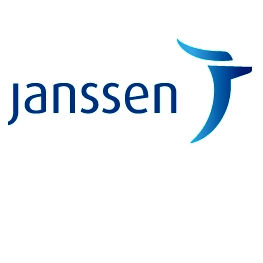|
|
|
|
|
|
Drug Highest PhasePhase 2 |
First Approval Ctry. / Loc.- |
First Approval Date20 Jan 1800 |
|
|
|
|
|
Inactive Indication- |
Drug Highest PhasePreclinical |
First Approval Ctry. / Loc.- |
First Approval Date20 Jan 1800 |
A Multi-center, Open-label, Dose-ranging, Phase 1 Study to Evaluate the Safety, Tolerability, and Immunogenicity of GLS-6150, Administered ID and Followed by Cellectra® 2000 Healthy Adults and in Persons Previously Treated for Hepatitis C Virus Infection.
Hepatitis C virus (HCV) is an enveloped, single strand, positive sense RNA flavivirus. Infection by HCV is typically chronic, although an estimated
10-20% may spontaneously clear the virus. HCV affects between 1.3 - 2 billion individuals, or 2-3% of the global population. HCV has a seroprevalence of approximately 1% in developed countries such as the US and Korea. Chronic HCV infection leads to hepatic fibrosis and cirrhosis. This Phase I study will evaluate the safety, tolerability and immunogenicity of GLS-6150 administered intradermally (ID) followed by electroporation at 1.0 mg and 2.0 mg/dose assessing 3 and 4-dose regimens.
/ Active, not recruitingPhase 1IIT Phase I Trial of a Therapeutic DNA Vaccine for Chronic Hepatitis C Virus (HCV) Infection
This phase I trial studies the side effects and best dose of deoxyribonucleic acid (DNA) vaccine therapy in treating patients with hepatitis C virus (HCV) infection that persists or progresses over a long period of time. Vaccines made from DNA may help the body build an effective immune response to kill cancer cells that express HCV infection.
100 Clinical Results associated with NS3 x HCV NS4B
100 Translational Medicine associated with NS3 x HCV NS4B
0 Patents (Medical) associated with NS3 x HCV NS4B




